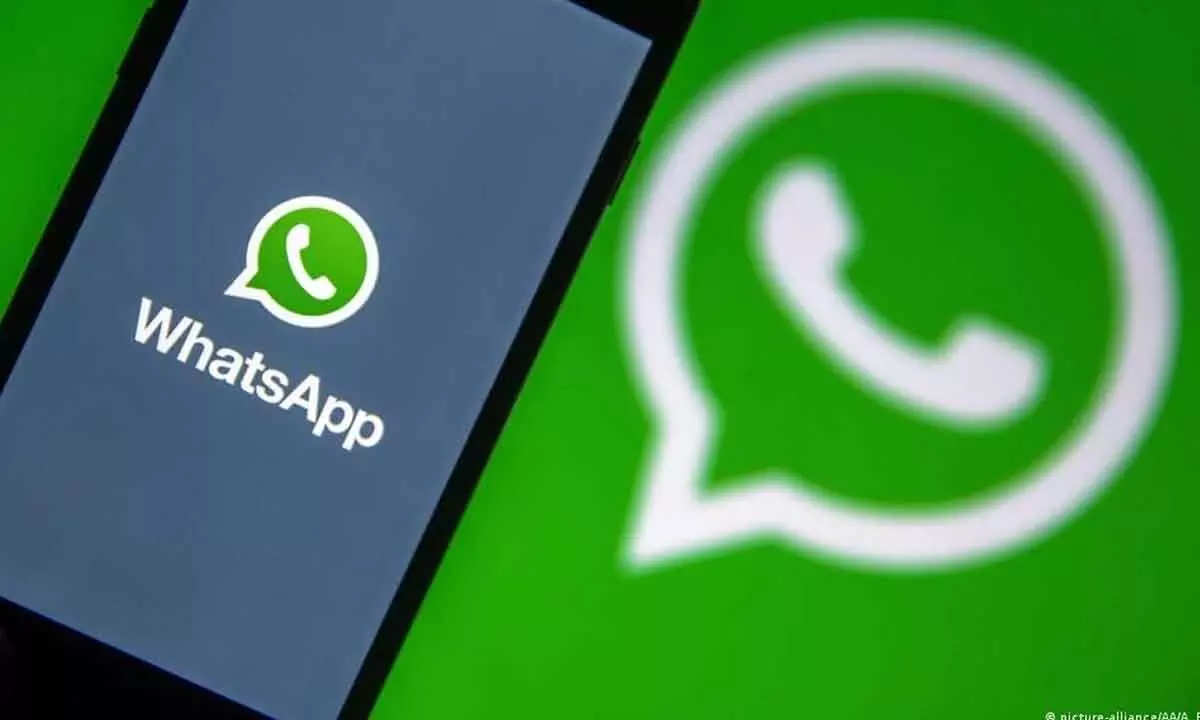In a bold new move, Facebook has decided to dip its toes into the dynamic world of voice transcription. The social media giant has started testing this advanced feature AI feature within its vast user community, which is well over 500 million on the Messenger platform alone. This means Messenger users could soon access transcripts of their voice messages – both sent and received, with just a button’s click. Tech behemoths such as Google and Microsoft have already unveiled similar features, through Google Translate and Skype respectively. However, Facebook’s new feature is being rolled out only to a limited number of users initially for testing, so don’t fret if you don’t see it right after reading this piece- I, for one, am not within the “fortunate” early bunch.
A report by Techno Buffalo indicates that Facebook first introduced voice clips to its Messenger app back in 2013. This feature allowed users to share lengthy dialogues or even exuberant soundbites, adding a comedic or emotive flair to their conversations. Yet, if you’ve ever been in a quiet environment bereft of headphones, you’ll understand the inability to play these clips. That’s where transcription comes into play.
Tech rival, Google Voice, has already adopted this feature but it hasn’t been without its struggles. Most notably, many of your voice conversations may not closely match the final transcribed text. Facebook, aiming to evolve past these limitations, is promising to make its software user-friendly and more accurate.
But there are inherent challenges. A key obstacle, particularly from an African viewpoint, is accent recognition. Voice transcription software has been notorious for struggling with non-western dialects and vernaculars. As Western users have already pointed out accuracy issues, this may indeed be a tricky hurdle to tackle.
Facebook is treading cautiously, hence the limited roll-out to only a subset of users. This is to garner valuable feedback on the feature’s usability and accuracy. A company representative elaborated, “Our plan is to test this feature at a tiny scale for now and we’re looking forward to seeing what you think of it.”
Ultimately, it’s hoped that this feature will be advantageous to millions of users on the Facebook Messenger platform in the near future. Stay tuned for the widespread launch of this service- be assured we will keep you in the loop. Meanwhile, if you’re amongst the privileged few with early access, we’d love to hear your experiences. Share away!
[Image source: TechnoBuffalo]
This article was updated in 2025 to reflect modern realities.
[UPDATED_TB_2025]
Discover more from TechBooky
Subscribe to get the latest posts sent to your email.







